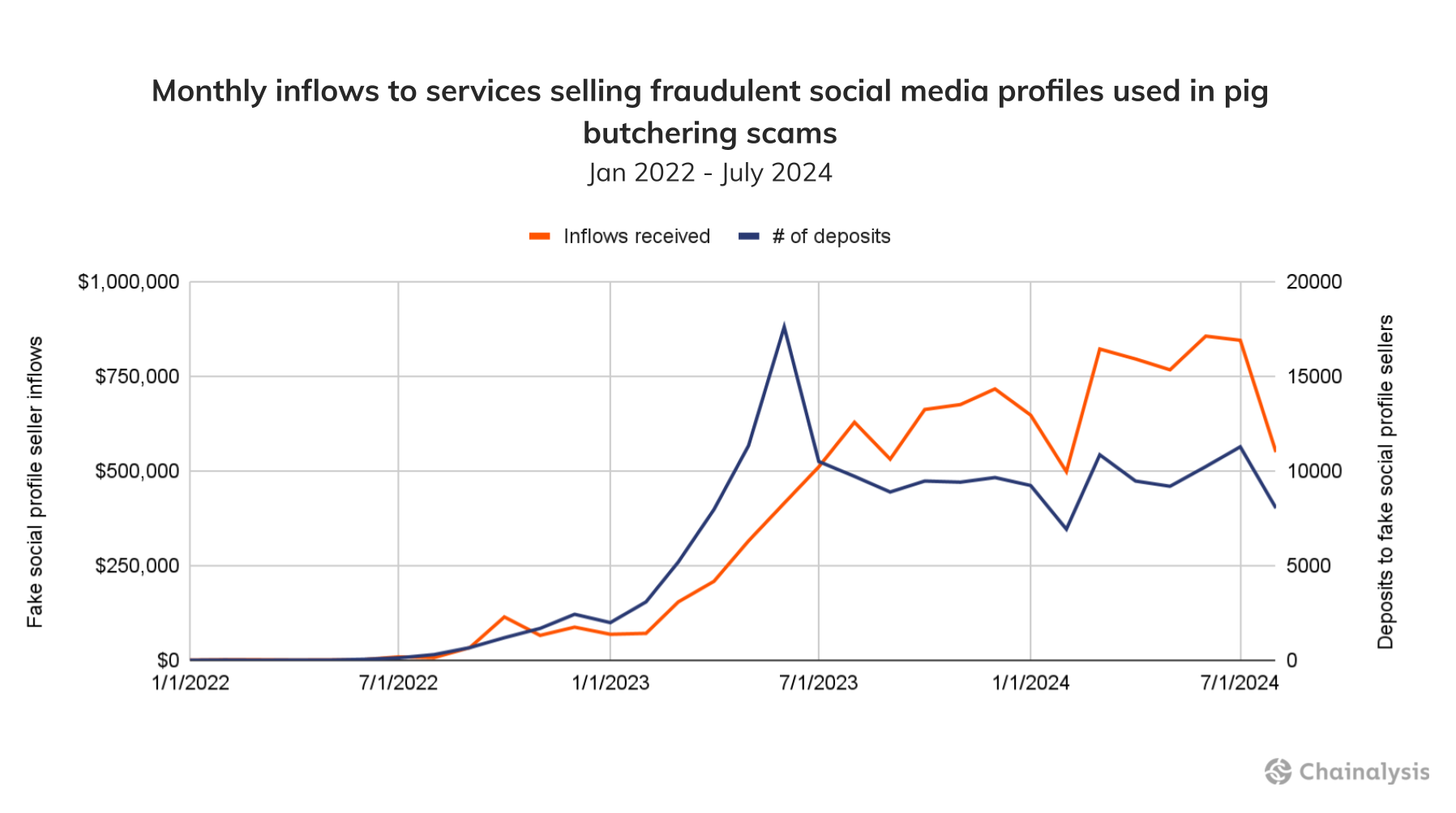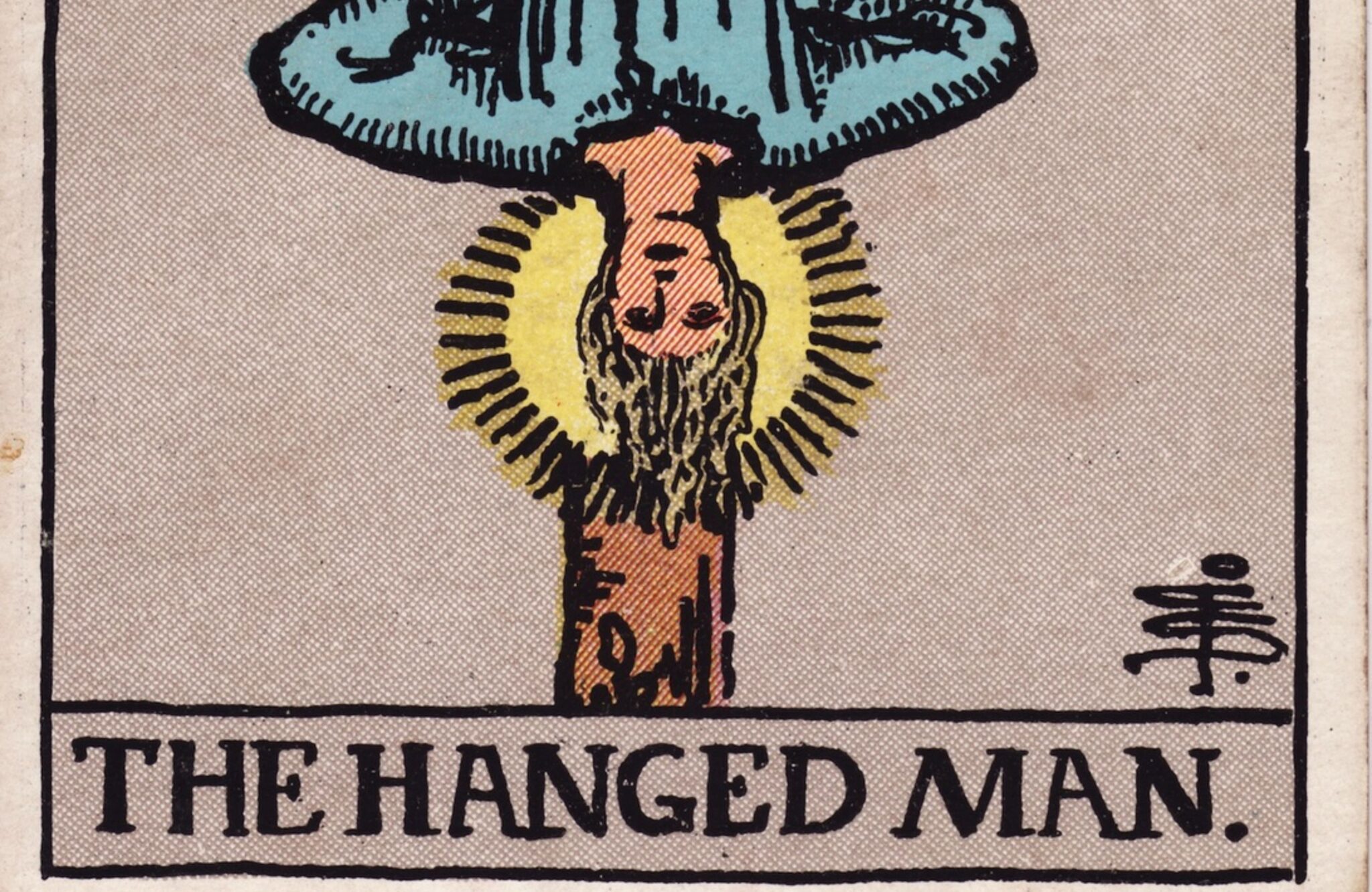A new breed of crypto scams is on the rise called “pig butchering.” These sophisticated cons replace the dated Ponzi approach with crafty, personalized deception, fooling even the savviest market players.
Here’s what to look for and how to avoid these scams in 2 minutes.
What Are The New Pig Butchering Crypto Scams
“Pig butchering” schemes are as sinister as they sound. Scammers fatten their prey by weaving webs of trust on social platforms and abandoning the old ways of using one trap.
For instance, someone might send you a nice text, or you might get an email that an invoice was charged and someone’s trying to help. Their endgame is to convince these unsuspecting victims to sink money into fake cryptocurrency ventures, draining their finances.
Victims of “pig butchering” crypto scams endure not just drained bank accounts but also the emotional wreckage from such personalized deceit. The FBI’s latest data for crypto fraud are grim: $5.6 billion lost to crypto scams, a staggering 45% jump from last year.

Scott Simmons, a Wisconsin detective, recently unraveled a $551,000 crypto scam that started with sweet promises and ended in cold reality. It kicked off with a social media chat, where the victim fell for what seemed like a genuine bond. The scammers lured them onto a fake crypto platform, dripping out screenshots of fake profits to build trust.
At first, the victim sent small amounts. But as the illusion grew, so did the transfers—15 total transactions poured out in USD Coin. The game fell apart when the victim tried to cash out their so-called profits and hit a wall. Simmons traced the trail to a single wallet hoarding $4.6 million, washed through countless addresses before locking up the stolen loot.
Last year, around $110 million was lost via this scam tactic, with those over 60 years old being three times more likely to fall victim.
How to Defend Against Pig Butchering Scams
The first step to dodge “pig butchering” scams is shining a spotlight on their tactics by telling your friends, family, and loved ones.
Understanding scam strategies and exercising caution in digital exchanges can be your strongest defense.
BREAKING: Man Loses Life Savings on Hawk Tuah Meme Coin Scam pic.twitter.com/BI9gOJC9wD
— Danny Polishchuk (@Dannyjokes) December 6, 2024
If someone sends you a message, no matter how affable or, in some cases, coercive, never share any of your private information or funds.
Heck, just two years ago someone threatened to post embarrassing photos of me if I didn’t send them BTC.
I didn’t send them Jack! And if you have been scammed and fallen victim, as most of us have at some time, there’s no point regretting the past when it offers so many lessons. Just remember, there are always people willing to take advantage of you.
Many scams right now are located in the crypto space.
Be skeptical. Do your due diligence before making any investments. The chances of making a regretful mistake are severely diminished when you have knowledge backing up your decision.
EXPLORE: Who Is Ray Dalio? Founder Of World’s Largest Hedge Fund Latest to Back Bitcoin
Join The 99Bitcoins News Discord Here For The Latest Market Updates
Disclaimer: Crypto is a high-risk asset class. This article is provided for informational purposes and does not constitute investment advice. You could lose all of your capital.
99Bitcoins may receive advertising commissions for visits to a suggested operator through our affiliate links, at no added cost to you. All our recommendations follow a thorough review process.

We hate spam as much as you do. You can unsubscribe with one click.



Comments (No)